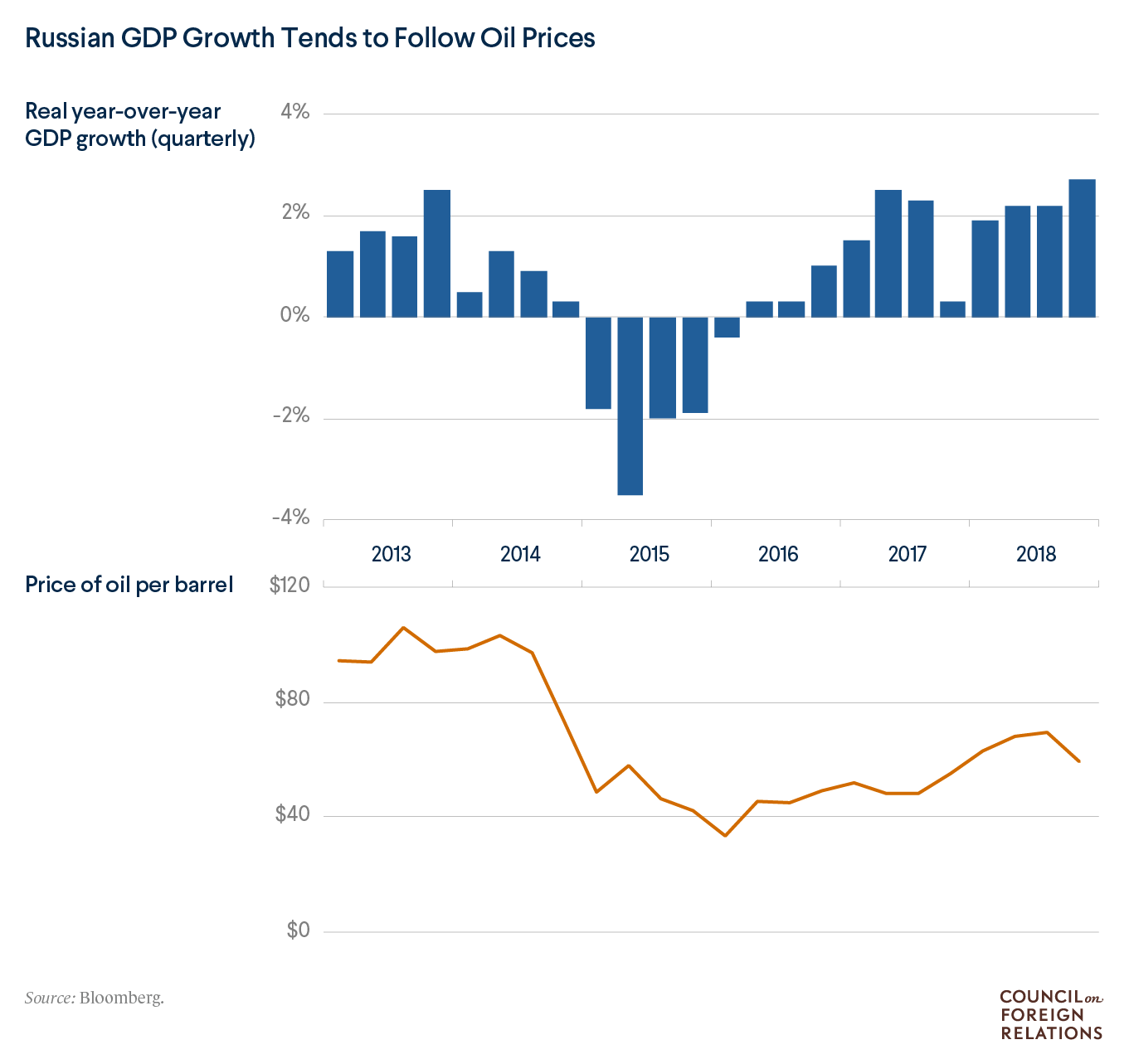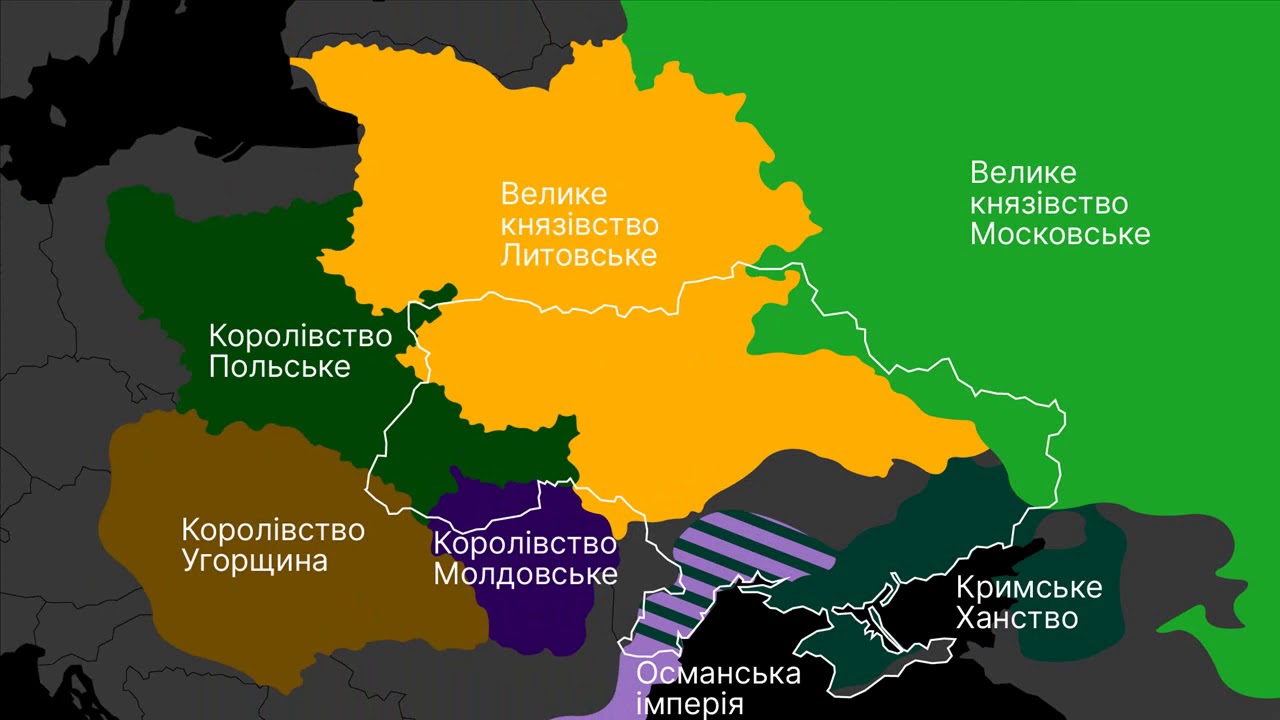Britain And Australia's Myanmar Sanctions: A Critical Analysis Of Their Purpose

Table of Contents
The Stated Goals of Britain and Australia's Myanmar Sanctions
Britain and Australia's Myanmar sanctions aim to pressure the military junta, the Tatmadaw, to restore democracy and cease its human rights abuses. These sanctions are designed to target specific individuals and entities deemed responsible for the violence and oppression. The stated goals, as outlined in official government documents and press releases, include:
- Pressuring the Military Junta: To weaken the Tatmadaw's financial resources and political influence, thereby reducing their ability to maintain control. This involves targeting key individuals within the military leadership with asset freezes and travel bans.
- Protecting Human Rights: To hold those responsible for human rights violations accountable and to deter further atrocities against the civilian population. Sanctions against specific individuals and entities are intended to signal that such actions will not be tolerated by the international community.
- Promoting Democracy: To support the pro-democracy movement in Myanmar and to foster a return to democratic governance. This includes supporting civil society organizations and individuals working towards a democratic transition.
Specific sanctions imposed by both countries include:
- Asset freezes: Targeting the assets of key military figures and businesses linked to the junta.
- Travel bans: Restricting the travel of individuals deemed responsible for human rights abuses.
- Trade restrictions: Limiting trade in certain goods and services with Myanmar.
The rhetoric used by both governments emphasizes the need for accountability and a return to democratic rule, framing the sanctions as a necessary response to the egregious human rights violations committed by the Myanmar military. This aligns with both the UK Myanmar policy and Australia's stated approach to Myanmar relations, focusing on promoting human rights and democratic values.
The Impact of Sanctions on the Myanmar Regime
The effectiveness of Britain and Australia's Myanmar sanctions in weakening the military junta is a complex issue. While the sanctions aim to cripple the regime financially, the Tatmadaw has demonstrated resilience, utilizing alternative financial networks and resources. The economic sanctions Myanmar has faced haven't led to a complete collapse of the regime.
- Economic Consequences: The sanctions have undoubtedly had a negative impact on the Myanmar economy, contributing to its instability and exacerbating existing economic hardship. However, the extent of this impact is debated, with some arguing that the sanctions disproportionately affect the civilian population. Data on the specific economic impact requires further, independent analysis.
- Unintended Consequences: One of the major concerns surrounding the sanctions is their unintended consequences on the civilian population, who already face immense hardship due to the ongoing conflict and the COVID-19 pandemic. The impact of sanctions on the Myanmar economy is undoubtedly complex and requires thorough investigation to fully understand the nuances.
- Changes in Regime Behavior: There is limited evidence to suggest that the sanctions have directly led to significant changes in the regime's behavior. The Tatmadaw continues its campaign of violence and oppression.
The Impact of Sanctions on the Civilian Population in Myanmar
The humanitarian consequences of the sanctions are severe. The sanctions' impact on civilians, already suffering from conflict and economic instability, is a serious concern. Many sources highlight the:
- Reduced Access to Essential Goods: Sanctions have negatively impacted the import and distribution of essential goods, such as medicine and food, leading to shortages and price increases, exacerbating existing humanitarian crises in Myanmar.
- Exacerbation of Poverty: The economic downturn caused by the sanctions has deepened poverty and inequality, particularly among vulnerable populations.
- Humanitarian Aid Restrictions: While intended to target the regime, the sanctions can inadvertently hinder the delivery of humanitarian aid to those in need.
Numerous reports from aid organizations and human rights groups highlight the dire humanitarian situation, emphasizing the need for targeted approaches to mitigate the negative impact of sanctions on civilians. This is a crucial aspect of the discussion surrounding the effectiveness and ethical implications of Britain and Australia’s Myanmar sanctions.
Alternative Approaches and Policy Recommendations
While sanctions play a role, a multi-pronged approach is needed to address the crisis in Myanmar. Alternative strategies, in addition to targeted sanctions, should be considered:
- Enhanced Diplomatic Engagement: Increased international cooperation and diplomatic pressure are crucial to find a peaceful resolution to the conflict.
- Support for Civil Society: Providing greater support to pro-democracy movements and civil society organizations working within Myanmar can contribute to positive change.
- Targeted Sanctions Refinement: Refining the sanctions regime to minimize negative impacts on civilians while maximizing pressure on the military junta requires careful consideration.
Recommendations for Britain and Australia include:
- Increased funding for humanitarian assistance.
- Strengthened collaboration with regional partners.
- Further exploration of targeted sanctions designed to specifically impact the junta's economic interests while minimizing harm to the civilian population.
Conclusion: Evaluating the Effectiveness of Britain and Australia's Myanmar Sanctions
Britain and Australia's Myanmar sanctions, while intending to pressure the military junta, have had mixed results. They have undoubtedly contributed to the economic hardship faced by Myanmar, but their effectiveness in altering the regime's behaviour is questionable. Furthermore, the sanctions have had significant unintended humanitarian consequences, exacerbating the suffering of the civilian population. A more nuanced approach, incorporating diplomatic engagement and refined sanctions, is needed. A continued critical analysis of Britain and Australia's Myanmar sanctions, coupled with sustained international pressure, is crucial for achieving a peaceful and democratic future for Myanmar. We must advocate for policies that effectively target the military regime while safeguarding the well-being of innocent civilians.

Featured Posts
-
 Romske Naselennya Ukrayini Rozpodil Chiselnist Ta Sotsialno Ekonomichni Aspekti
May 13, 2025
Romske Naselennya Ukrayini Rozpodil Chiselnist Ta Sotsialno Ekonomichni Aspekti
May 13, 2025 -
 I See Murder An Elsbeth Season 2 Preview Of Episode 15
May 13, 2025
I See Murder An Elsbeth Season 2 Preview Of Episode 15
May 13, 2025 -
 Predicting The Dodgers Vs Cubs Game Key Factors And Analysis
May 13, 2025
Predicting The Dodgers Vs Cubs Game Key Factors And Analysis
May 13, 2025 -
 Terungkap Foto Ribuan Pekerja Indonesia And Asing Terjebak Penipuan Online Di Myanmar
May 13, 2025
Terungkap Foto Ribuan Pekerja Indonesia And Asing Terjebak Penipuan Online Di Myanmar
May 13, 2025 -
 Elsbeth Tascioni Vs Judge Crawford A Good Fight Season 2 Showdown
May 13, 2025
Elsbeth Tascioni Vs Judge Crawford A Good Fight Season 2 Showdown
May 13, 2025
